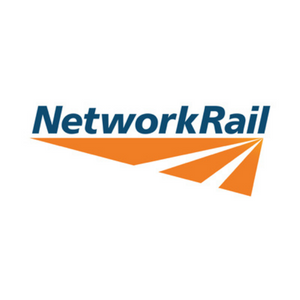

Network rail
Network rail
The role of a signaller in the rail sector is safety critical. Fail to get this right and train companies are unable to provide a safe and reliable railway. Yet line managers consistently battle with high turnover and vacancy gaps for these roles, and there is a lengthy recruitment time that impacts operational delivery including negative effects on fatigue, performance, engagement and safety.
This was the problem faced by Network Rail. So it committed to creating an approach which ensured they had the right person, at the right time, the first time around. Across multi-disciplinary teams, the company gathered insights through a combination of job shadowing, observation, face-to-face interviews, online surveys, role profiling and business performance data.
This evidence was used to influence stakeholders and bring in the implementation of a new model that has improved front line operational talent management. Network Rail was able to gain clarity of its internal talent pool and develop this for future moves, highlighting capability gaps against future demand.
To maintain this, Network Rail also coached and educated stakeholders on the importance of avoiding change resistance, introducing actions such as fortnightly leadership updates, strategic talent forums, periodic bulletins and line manager support.
A key example of success was the first consolidated overview of the signaller talent pipeline for the north and east route, with 99 per cent trained within the operations management community on the route. For this section of the workforce in particular, this helped in understanding supply and demand, spotlighting areas of risk and informing training forecasts and people initiatives, particularly around diversity and inclusion. Two news tools were also presented following the research. The organisation designed a career conversation training programme, upskilling and equipping 99 per cent of line managers with practical tools that applied a coaching approach to empower employees to own their career development.
Meanwhile, a talent insights dashboard was also presented using predictive insights which were extracted from the conversations, capturing data points around aspiration, potential and readiness to enable a proactive approach to workforce.
The judges said that this entry “demonstrated the impact that can be achieved by tackling the long-established status quo with an approach that combines talent development, career planning and change management.”
They added that it provided a programme for Network Rail signallers to learn, career plan and progress while also identifying the managerial skills required to support and enable such changes. With a “clear ambition for the future”, they said they could see “further potential for the embedding of this successful approach into the wider teams and broader organisational design”.